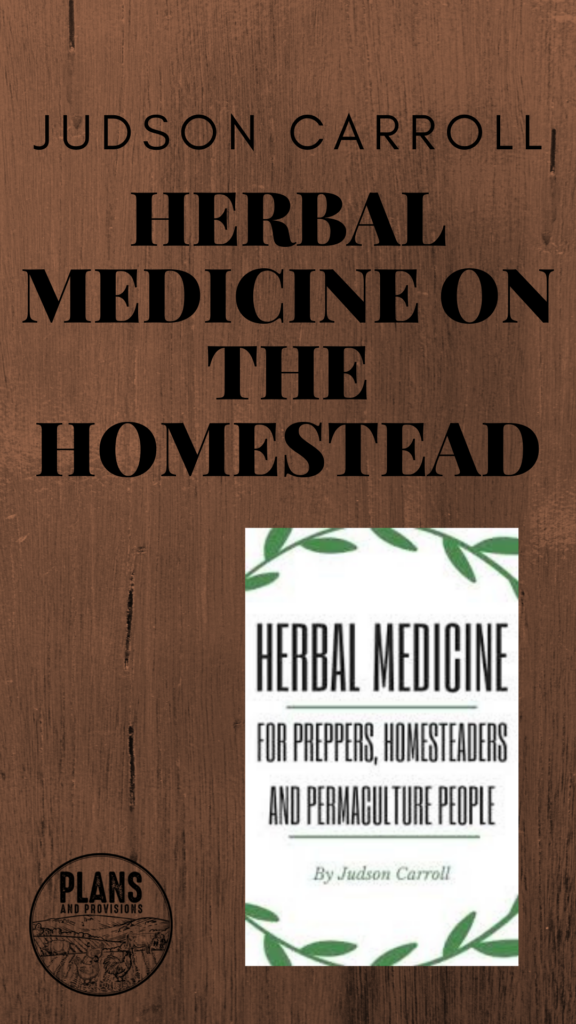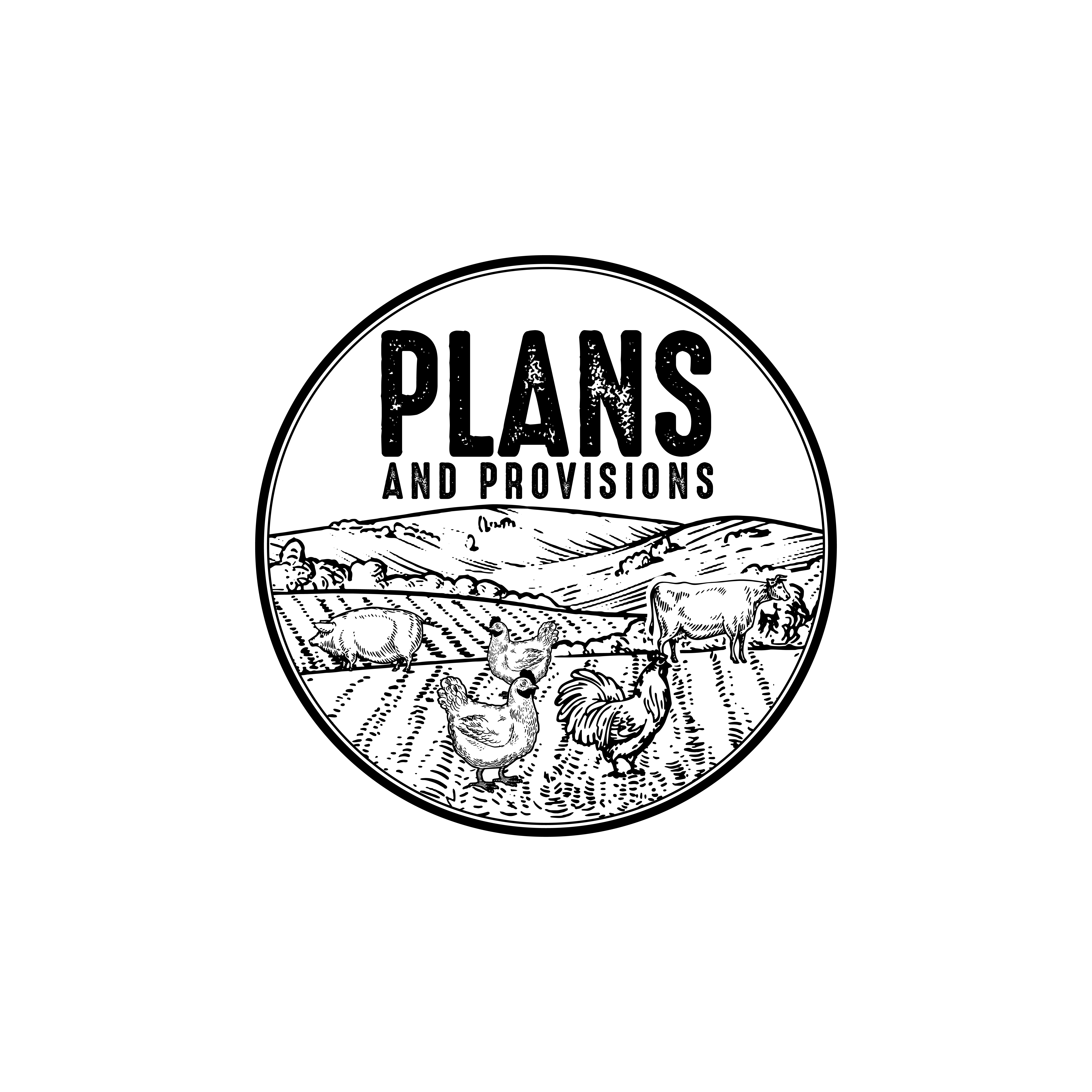MARCH 1, 2022 // by Jason White

I’m sure that most of you would agree that building and maintaining health and wellness should be at the forefront when it comes to living a more independent and resilient life.
Today, I’m joined by master herbalist Judson Carroll. He is the author of four books including one of his most recent: “Herbal Medicine for preppers, homesteaders and permaculture people” which I read recently and can definitely recommend. He was born and raised in the Blue Ridge mountains of North Carolina and really seems to have found his calling as a gateway to many of the stories and traditions of Appalachian culture.
In our conversation he shares some of his practical knowledge for those interested in learning more about herbal medicine as well as some compelling reasons to consider herbs as a valuable component of your wellness plan. He also shares some ideas about general personal health and nutrition and I hope you’ll learn some things from our conversation.


Informative, incite full, and inspirational… thank you very much for sharing the experience of Judson Carrol through the curiosity and thirst for Jason White.
Thanks for the feedback! Many more great conversations to come.
While I started a medicinal plant garden to grow for the specific needs of our household (seeds bought online), I also wandered local fields for seeds or cuttings of native medicinal flowers and plants. Local areas are great and free resources.
Just a note: Quinine-alternatives don’t actually have quinine though they may work on fevers and such similarly but they don’t have actual quinine and it’s an important distinction. It’s important to know what constituents are in a plant that is used as an alternative to another.
The comfrey study he’s talking about was done only on the roots which showed high levels of pyrrolizidine that were more concerning than the allantoin. Subsequent studies on the leaves show little to no pyrrolizidine or allantoin. Comfrey is a wonderful plant and he’s right about that for sure! Allantoin is widely used in cosmetics and skin creams with NO carcinogenic effects which shows the flaws in the original study. I grow lots of comfrey (true comfrey for seeds and Bocking 14 both) for my chickens, salves, infusions, and fertilizer.
Nice interview! Thanks.
Thanks Allison! All great points and I’m especially interested in developing our wild and native plants. Looking forward to many ‘classroom’ walks this first spring on our new homestead….my 7 year old is a sponge for all that the natural world has to offer.